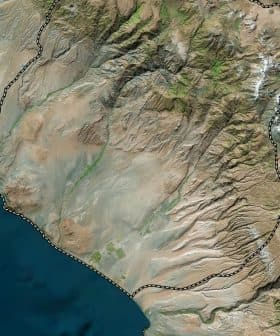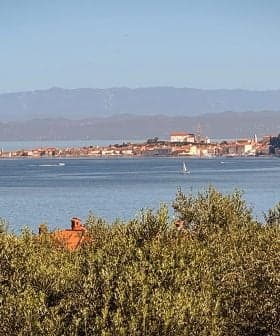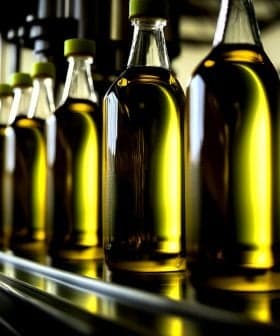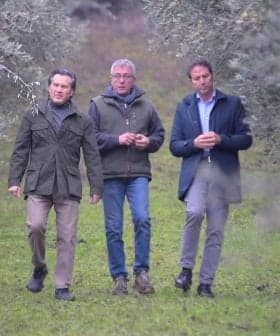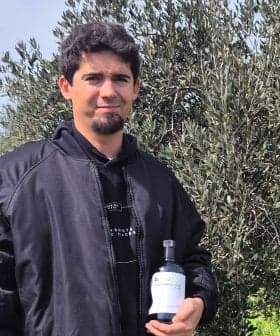 5.1K reads
5.1K readsNews Briefs
Algerian Olive Oil Sector Maintains Momentum Despite Poor Harvest
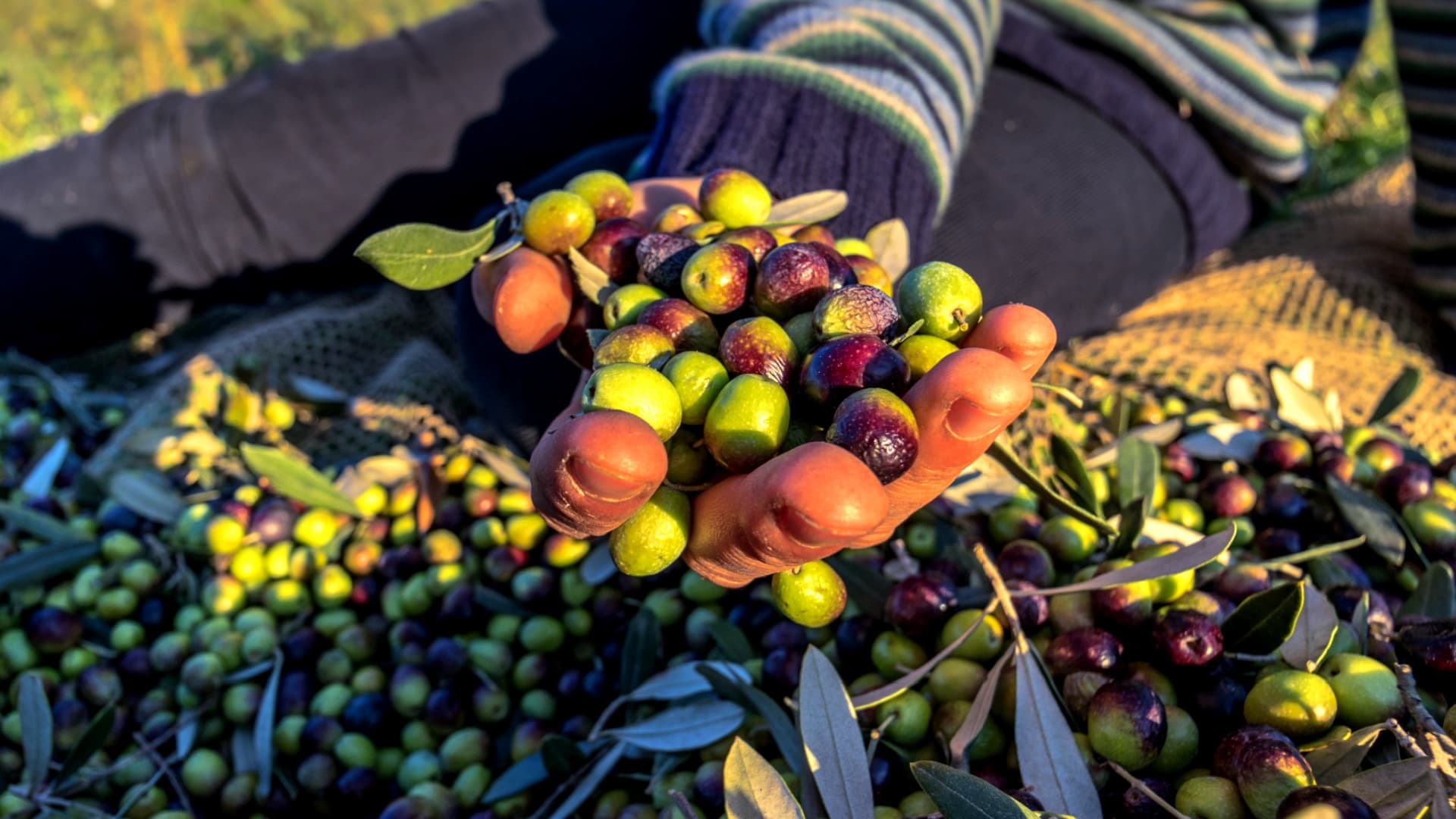
Despite a disappointing harvest, officials in Algeria remain optimistic about the future of the olive oil sector, with production in the 2023/24 crop year estimated to be 40 – 50 percent below expectations due to unfavorable weather conditions. While Algeria traditionally consumed most of its olive oil production domestically, there is a growing trend among younger consumers towards higher quality virgin and extra virgin olive oil, which is leading to increased exports and a focus on improving production quality.
Despite a disappointing harvest in Algeria, farmers and officials are optimistic that the sector in Africa’s third-largest olive oil-producing nation will continue on its upward trajectory.
According to Olivier Rives, the project manager of the PASA program, which spent five years promoting the country’s olive oil sector, production in the 2023/24 crop year was roughly 40 percent below initial expectations.
In its annual pre-harvest projection published in November, the International Olive Council estimated that Algeria would produce 93,000 tons, which would have been in line with the average of the previous five years.
See Also:2023 Harvest UpdatesHowever, Rives told Olive Oil Times the county will more likely produce between 40,000 and 50,000 tons of olive oil in 2023/24, about 50 percent below the five-year average.
Arezki Toudert, the president of the National Committee for the Olive Sector, told local media that the country’s hot summer and autumn prevented adequate oil accumulation in olives that did survive and favored the development of the olive fruit fly just as the harvest was about to begin.
“This year was really difficult for olive growers,” he said. “Just after the start of flowering, around June, the intense heat of around 50 ºC swept the north of the country in July, causing enormous losses. Only the irrigated olive groves here and there were spared.”
“The climatic conditions favored the proliferation of this pest, particularly the rise in temperatures during September and October,” Toudert added.
Despite the setbacks, officials remain confident that olive oil production in Algeria can continue its upward trend.
Since IOC records began, yields have steadily climbed in Algeria, rising from an average of 21,500 tons per annum from 1990/91 to 1994/95 to between 70,000 and 90,000 tons over the past half-decade.
While olive oil production traditionally centered on Algeria’s northern coastline and slightly wetter Atlas Mountains, the sector has experienced remarkable expansion spearheaded by a government effort to plant 400,000 hectares of olive groves.
In Kabylia, the largest olive oil-producing region in the country, cultivation has spread to semi-desert and desert areas in the south, transforming arid landscapes into more verdant olive groves.
Traditional olive groves comprise about 64 percent of Algeria’s olive-growing surface area. In comparison, high-density and super-high-density groves make up 21 and 15 percent, respectively, but these groves are increasing.
“The olive-growing areas in the north are considered traditional or ‘extensive’ because the groves contain less than 100 olive trees per hectare,” said Yamina Derdah, an olive oil consultant at Oleiconseil. “In other words, there is no competition between the olive trees, unlike the southern parts that are more ‘intensive,’ where there are more than 250 olive trees per hectare.”
As a result, Derdah said the wildfires that burned across the country’s north in recent years will have a limited impact on production and new olive tree plantations.
Still, she believes traditional olive groves will play an essential role in the sector as climate change continues to make North Africa hotter and drier.
“The northern area is also highly resilient and has adapted to climate change,” Derdah said. “Although there are fewer trees, and the region doesn’t make much olive oil, it is resistant. The north is in the mountains and requires less water because it is farther away from the desert.”
Algeria is among the world’s top ten olive oil-producing countries during a good year. However, Rives said the country has historically consumed virtually all of its production.
“At one point, 99 percent of its production was intended for domestic consumption,” he said. “The country consumed all it made, leaving nothing to sell abroad.”
“What was leftover to export was low-quality lampante, which could not be sold as olive oil in Europe since this type of oil is used predominantly for making soaps and candles,” Rives added.
Despite its widespread prevalence, a study by PwC, one of the Big Four global accounting firms, and PASA found that olive oil is still seen by many in Algeria as a commodity-quality product.
The survey of 800 Algerian households and 300 Algerians living abroad found that 99 percent of respondents consumed other vegetable oils, such as rapeseed and soya, alongside olive oil.
According to Rives, the study showed that “Algerians in the diaspora and at home overwhelmingly prefer lower quality olive oil or lampante; 80 percent of respondents preferred this. They don’t like extra virgin olive oil.” He noted that the same was true in Spain 30 years ago.
“A local historian explained that three generations of Algerians became accustomed to lower-quality olive oil because many years ago, a major local producer had exclusively marketed this oil to the public,” he added. “Today, it still reminds some of their childhood. However, there are no health benefits.”
As a result, Algeria exports most of the virgin and extra virgin olive oil it produces each year. “Algeria sells large quantities of its olive oil to countries like Tunisia, Libya, Canada, European countries and across the globe,” Derdah confirmed.
However, Rives believes that the younger generation of Algerian consumers are shifting preferences toward virgin and extra virgin olive oil.
“There is a rising demand for extra virgin olive oil and a diminishing demand for lampante,” Rives said. “Social media influencers are educating their parents on cardiovascular health. In turn, these new consumers are driving producers to improve quality.”
Rives and Derdah believe the combination of market forces and initiatives such as the PASA program will continue to promote domestic demand for extra virgin and virgin olive oil and increase the capacity to supply these superior olive oil grades to foreign markets.
“The population of olive growers is eager to change,” Rives said. “It’s like wine in France. Olive oil is in all the traditions. All the rituals include olive oil. Therefore, producers have a huge appetite to improve quality.”




